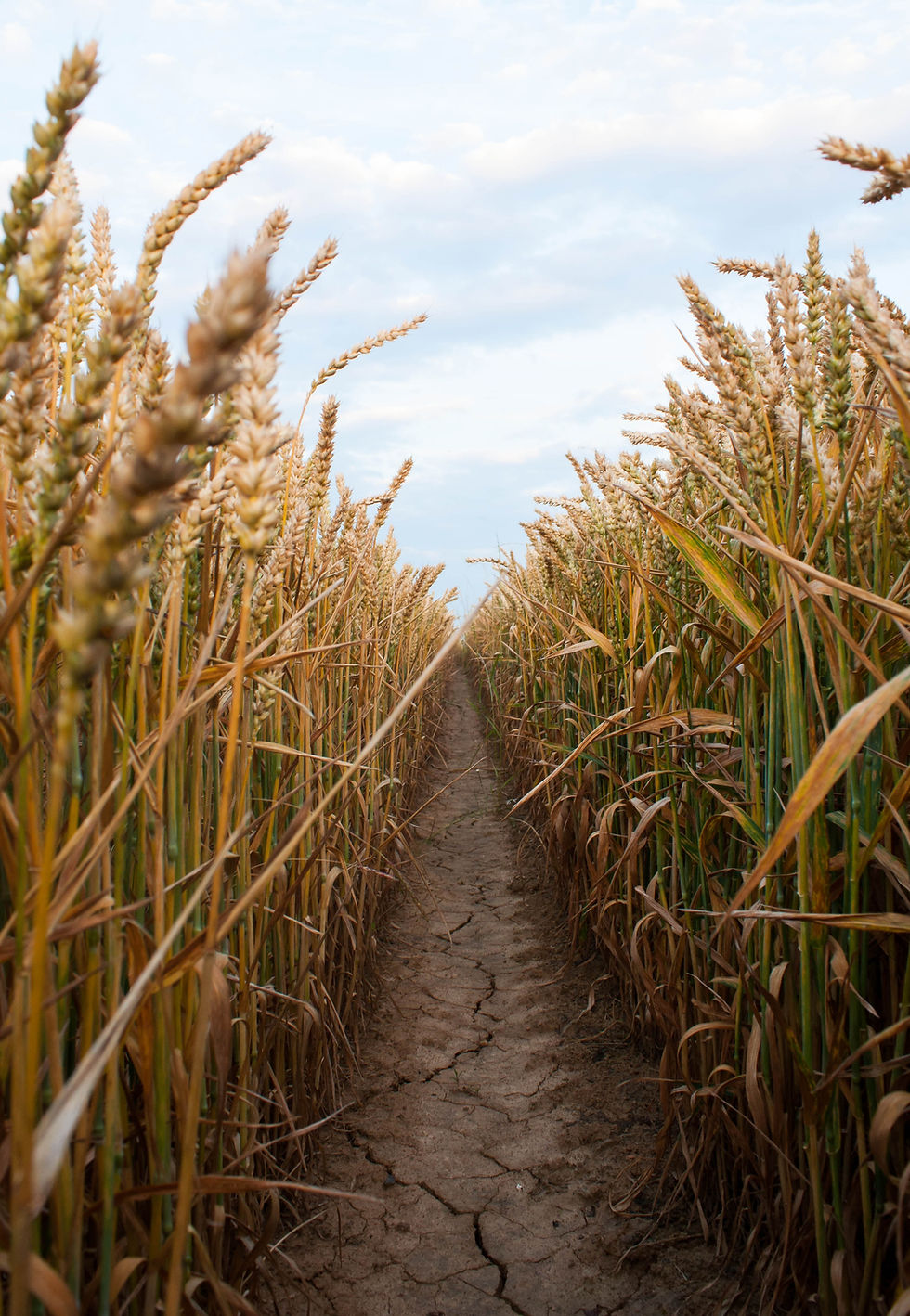Cracking the Code: The Ins and Outs of Large-Scale Chicken Farming
- Blackbird Acres

- Mar 11, 2024
- 2 min read
Hi Friends,
After my recent misadventures in chicken harvesting (cue the fainting and feathers), I've decided to roll up my sleeves and look into the world of large-scale chicken farming head-on.
First things first, let's talk pros and cons. On the plus side, chicken farming can be a lucrative and rewarding endeavor. With a high demand for poultry products and relatively low startup costs compared to other livestock, chickens offer a fantastic opportunity for aspiring farmers like myself to break into the industry. Plus, they're efficient converters of feed, meaning you get more bang for your buck when it comes to turning grain into protein.

But it's not all sunshine and rainbows in the chicken coop. Large-scale chicken farming comes with its fair share of challenges, from disease outbreaks and predator attacks to environmental concerns and ethical considerations. And let's not forget about the intensive labor involved in managing a flock of chickens—those birds sure know how to keep you on your toes!
So, how does one go about farming chickens on a large scale without losing their feathers in the process? Well, it all starts with careful planning and preparation. From selecting the right breed and sourcing quality chicks to designing efficient housing and implementing biosecurity measures, there's a lot to consider before you even bring your first feathered friends home.
But fear not, dear readers, for I've compiled a list of resources to help guide us through the chicken-farming maze:
Backyard Poultry Magazine: A wealth of information on all things poultry, from breed selection to coop construction. Plus, they've got some fantastic articles on sustainable farming practices and ethical animal husbandry.
University Extension Programs: Many universities offer extension programs specifically tailored to poultry farming. These programs often include workshops, webinars, and publications covering topics like flock management, disease prevention, and nutrition.
The Chicken Health Handbook by Gail Damerow: An indispensable resource for any chicken farmer, this book covers everything you need to know about keeping your flock healthy and happy.
Local Farming Associations: Don't underestimate the power of local knowledge! Reach out to farming associations in your area for advice, support, and networking opportunities. You'd be surprised how much you can learn from your fellow farmers.
This is obviously just scratching the surface. I can't wait to dig in.
Until next time,
Molly

